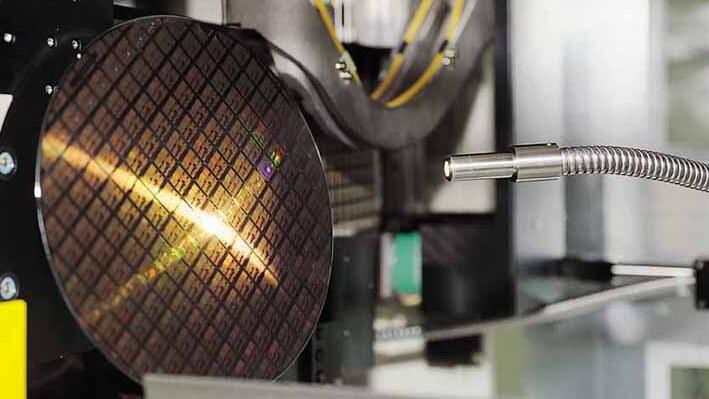Taiwan Semiconductor (TSMC) achieved a whopping 58.6% increase in gross margins in its strongest quarterly performance ever, with US$30 billion in Q2 revenue - a staggering 44.4% year-over-year increase.
The profit surge was driven by explosive AI demand that propelled net income 60.7% higher to NT$398.27 billion ($13.73 billion).
Advanced nodes - processes at 7-nanometers and smaller - generated 74% of total wafer revenue in Q2.
The breakdown shows 3nm technologies accounting for 24% of sales, 5nm capturing 36%, and 7nm contributing 14%.
These bleeding-edge nodes are essential for AI accelerators, high-performance computing chips, and premium mobile processors where TSMC faces minimal competition.
CFO Wendell Huang credited the performance to "continued robust AI and HPC-related demand" during the earnings call.
Growth
TSMC's results emerged as the broader semiconductor foundry sector expanded 13% year-over-year in Q1 2025 to $72.29 billion.
The Taiwanese giant secured 35% of that growing market - while retaining 67.6% share in pure foundry services.
Samsung's foundry operation, the nearest rival, holds just 7.7% market share and continues losing ground in next-generation processes.
TSMC's CoWoS advanced packaging capacity - critical for AI chip assembly - is doubling from 330,000 wafers in 2024 to 660,000 wafers in 2025 to satisfy escalating orders from clients including NVIDIA and AMD.
Optimism
Management projects Q3 revenue between $31.8-33.0 billion, indicating 6-10% sequential growth from Q2 levels.
Gross margins are forecast to moderate to 55.5-57.5% as the firm invests heavily in next-generation 2nm production capabilities, while operating margins are expected to reach 45.5-47.5% in Q3.
TSMC plans to allocate $38-42 billion to capital expenditures in 2025 - roughly 40% of annual revenue - to expand next-generation manufacturing capacity.
The investment significantly exceeds competitors' spending levels and reflects the firm's strategy to maintain technological leadership in the most profitable semiconductor segments.
Global foundry capacity is expanding 7% annually through 2025, but the vast majority of cutting-edge node capacity remains concentrated at TSMC's facilities.
While China aggressively builds semiconductor manufacturing, those investments target primarily mature node production rather than the state-of-the-art processes driving TSMC's profitability.
At the time of writing, Taiwan Semiconductor (NYSE: TSM) stock was trading at US$245.60, up 3.4% from Wednesday's close of $237.56. The company's market cap stands at US$995.89 billion.



